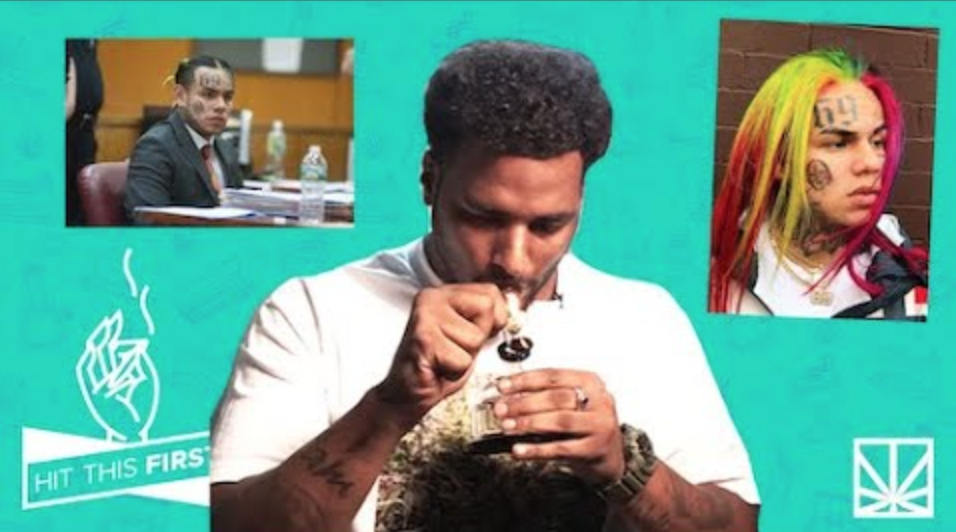As one of the 22 remaining states with no form of medical or recreational legalization, punishment for marijuana-related crimes in Texas have been notoriously heavy handed. But as the rest of the country becomes increasingly lenient in their treatment and perception of cannabis, one Texas District Attorney is making sure her county is on the right side of history.
Harris County DA Kim Ogg announced this morning that in her district, which includes Houston and makes up the third largest county in America, police and prosecutors will decriminalize marijuana possession of less than four ounces. According to the Houston Chronicle, people caught with four ounces of weed or less will not be arrested, ticketed, or made to appear in court, if they agree to take a drug education class.
"We can still hold people accountable — but what we don't want to do is strip them of the opportunity to go to school, to get or keep a job, and even things such as housing — simple things that everybody needs," Ogg said during her 2016 campaign. "They're denied to people with marijuana convictions. We can end that on January 1."
It took a little longer than the first day of the year to implement the plan, but Ogg, who teamed up with Mayor Sylvester Turner, Houston Police Chief Art Acevedo and Harris County Sheriff Ed Gonzalez to announce the decriminalization, has kept her promise, despite opposition from neighboring politicians.
Brett Ligon, the District Attorney in neighboring Montgomery County, voiced his opposition to Ogg’s plan in a press release. "Unlike Harris County, Montgomery County will not become a sanctuary for dope smokers, I swore an oath to follow the law – all the laws, as written by the Texas Legislature. I don't get to pick and choose which laws I enforce."
But for Ogg and the people of Harris County, decriminalization is poised to save the district $10 million and tons of hours of law enforcement labor that could be better spent otherwise – not to mention saving 12,000 people from the horrors of the criminal justice system.
If officers in Ogg’s district stop someone with less than four ounces of marijuana, the new rules say that the cops should take the weed and write a record of the encounter, but without a citation, arrest or court date. The officer would then be required to drop off the weed at their precinct at the end of their shift, and only keep record of the encounter so they can make sure the weed-carrier goes to their drug education class.
Ogg’s move to decriminalize is one of the most liberal in the state, and if it’s successful, could lead the way for even more lenient Texas laws, and hopefully, the eventual legalization of medical or recreational use cannabis.
The new rules for Harris County go into effect as of March 1, 2017.











